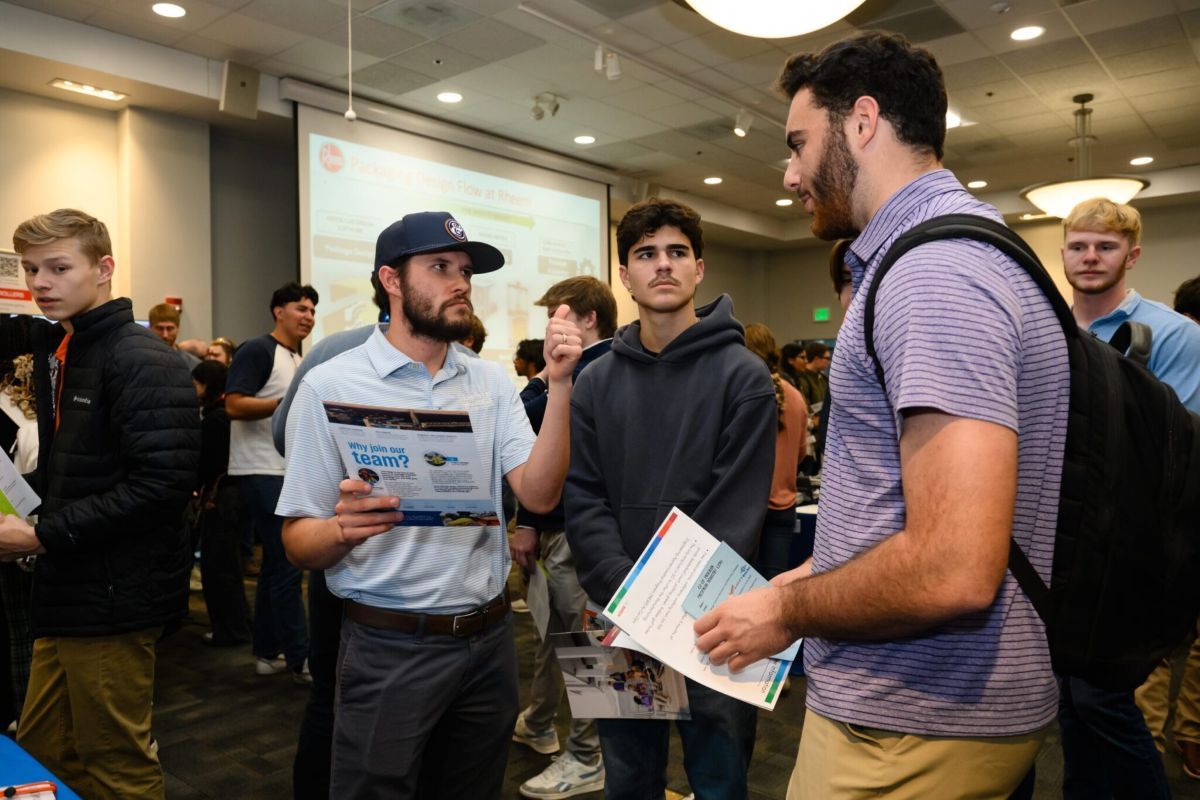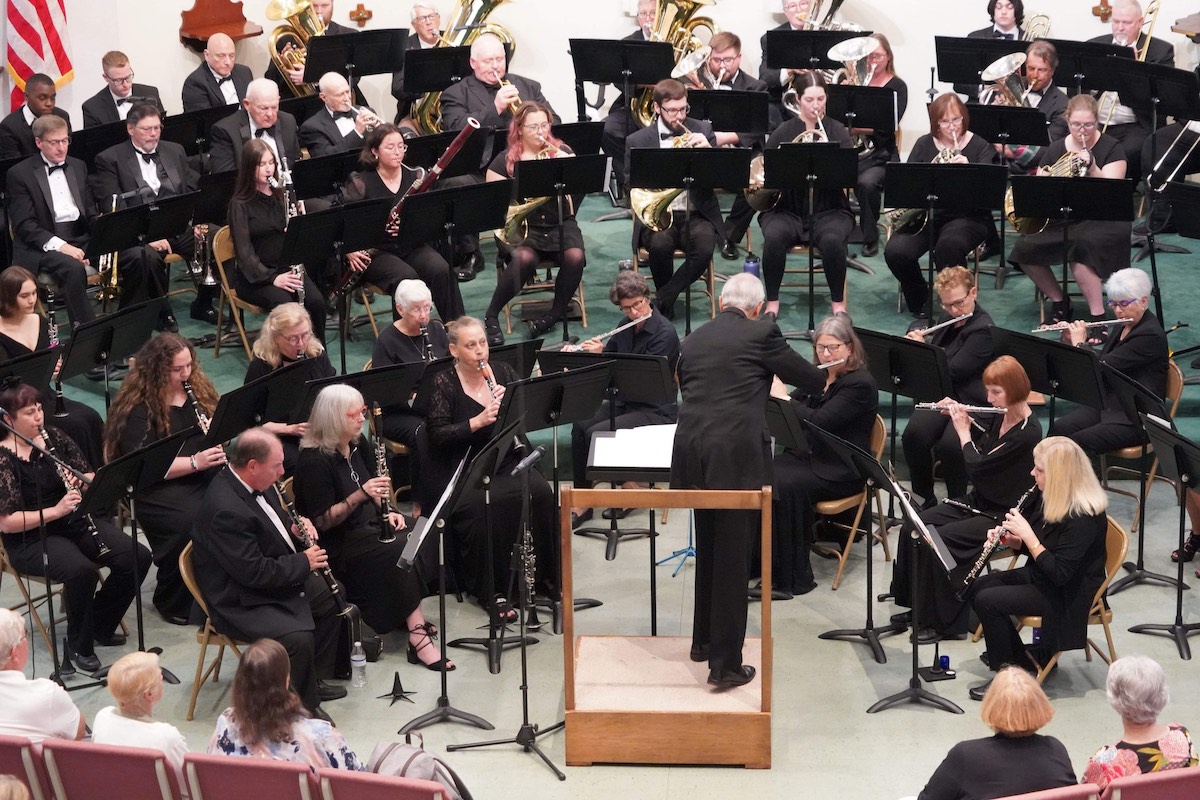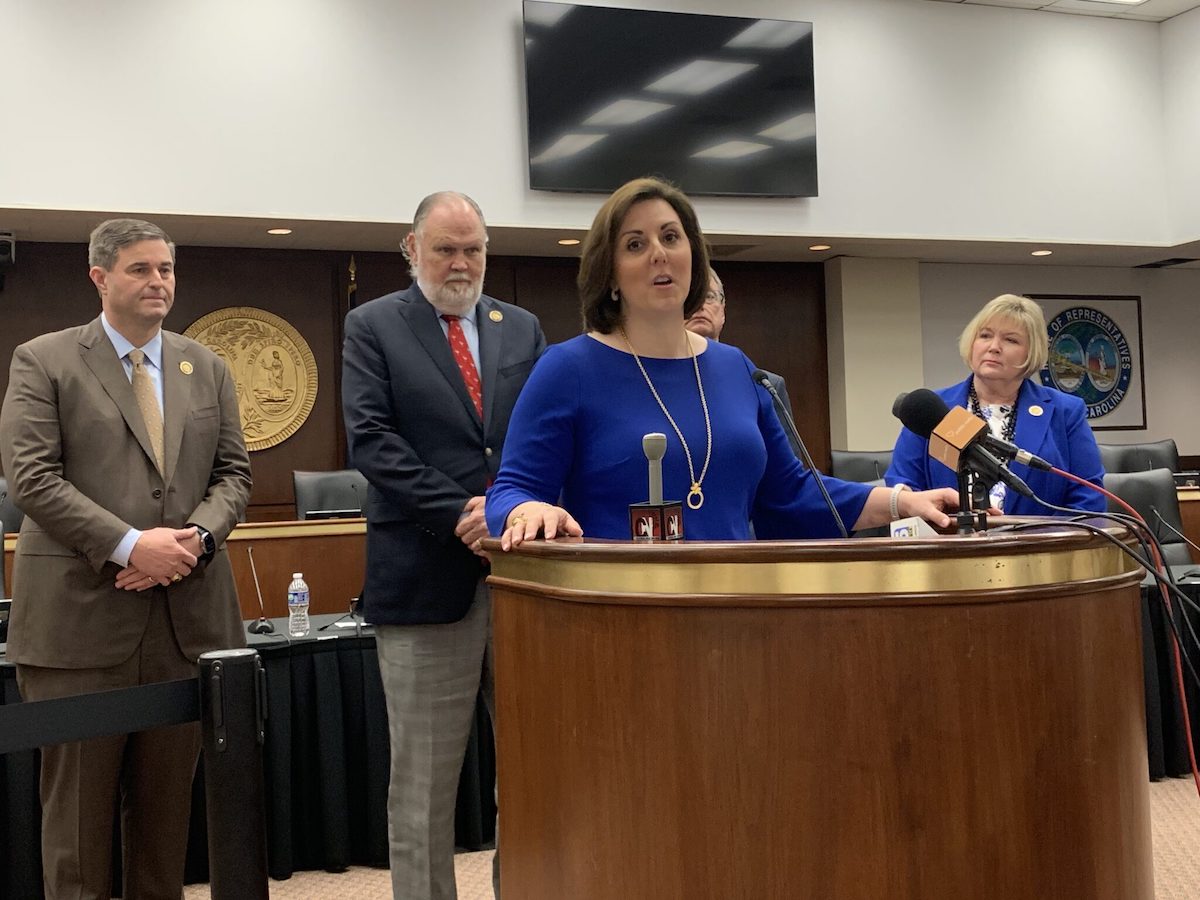Senators advance House speaker’s bill despite concerns
By Skylar Laird
SCDailyGazette.com
COLUMBIA — A bill that would let charter schools give enrollment preference to children from military families advanced to the Senate floor Wednesday, April 24.
The full Senate Education Committee advanced the bill unanimously despite concerns from senators that it would prioritize students who just moved to the state — due to a parent’s new duty station — over longtime residents.
The bill sponsored by House Speaker Murrell Smith, R-Sumter, passed the House unanimously last month.
By state law, public charter schools aren’t supposed to show preference in admissions to any student or group of students. So, any time a charter school has more students apply than it has open seats, a lottery system is supposed to decide who fills them.
The law already allows a few exceptions. Siblings of students currently enrolled or who recently graduated can get preference, as can children of charter school employees.
“Preference is not a random idea,” said Senate Education Chairman Greg Hembree, R-Little River. “The new idea is extending it to military families because of their unique situation they have when they come to our state.”
Because military members can be assigned to a new base at any time, their children might miss the lottery entirely. The proposal would allow schools to admit those students anyway if a seat opened up, said Sen. Ross Turner, R-Greenville.
Even if students arrived in time to enroll in the lottery, the school could still decide to give them priority status.
Military families with Shaw Air Force Base outside Sumter seem to be driving the proposal.
Chiefly sponsored by the speaker, a Sumter Republican, the bill’s co-sponsors include Rep. David Weeks, a Sumter Democrat. Other co-sponsors are GOP Reps. Shannon Erickson, the education chairwoman, and Jeff Bradley, both of Beaufort County, home to Parris Island and MCAS Beaufort.
But it was Shaw that senators gave as the example.
Turner said families assigned to Shaw Air Force Base may not want to enroll their students in Sumter County schools, which has posted below-average academic performance for years.
But Liberty STEAM, the local charter school, is full, with around 1,200 students waiting for 600 spots. Parents have moved as far away as Camden, about 25 miles from the Air Force base, for better schools, Turner said.
“I think this was really just an extension to let these families moving into Sumter to have, ultimately, a viable option of education,” Turner said.
“I’m all for that,” Senate Majority Leader Shane Massey replied. But “I want the people who are already there to have a viable option for education, too.”
Massey, R-Edgefield, said he wasn’t opposed to giving military families preference, but he worried about doing so at the expense of longtime residents.
“If you’ve got 1,200 Sumter County residents who have applied and who are being excluded, those people are the ones who have been paying the taxes to actually support the school,” Massey said.
The bill would cap the number of students given preference for having a military parent at 20% of the total student population.
Senate Minority Leader Brad Hutto questioned how schools would decide which military children would get to attend and which would be left in the lottery if more than that proportion applied.
“If they give it to one and they don’t give it to another, is that person going to be upset?” the Orangeburg Democrat said. “Or is the person who didn’t get in with the lottery going to be upset?”
Ultimately, the bill does not require preference and instead allows it if a school chooses, so decisions like that would be left up to school administrators, Hembree said.
The same committee decided Wednesday not to take up a bill that would have overruled the High School League on student transfers.
The bill would have allowed students to switch schools during designated transfer windows and continue playing sports, rather than having to sit out a year.
With only seven legislative days left in the session, and the Senate focused on the state budget this week, the bill needed too much work to get through this year, said Hembree, the bill’s sponsor.
He promised to try again next year.
Skylar Laird covers the South Carolina Legislature and criminal justice issues. Originally from Missouri, she previously worked for The Post and Courier’s Columbia bureau.
S.C. Daily Gazette is part of States Newsroom, the nation’s largest state-focused nonprofit news organization.






